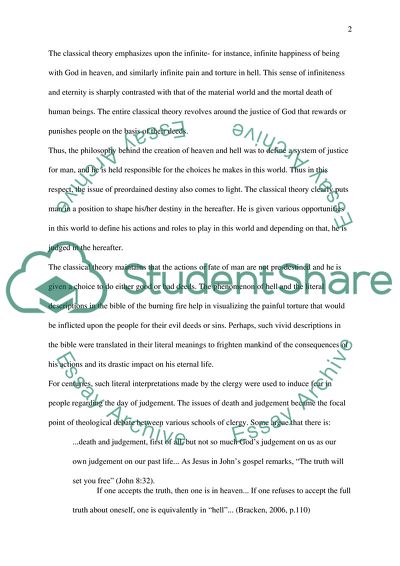Cite this document
(A Theodicy of Hell Report Example | Topics and Well Written Essays - 2250 words, n.d.)
A Theodicy of Hell Report Example | Topics and Well Written Essays - 2250 words. https://studentshare.org/religion-and-theology/1757642-the-hell-debate
A Theodicy of Hell Report Example | Topics and Well Written Essays - 2250 words. https://studentshare.org/religion-and-theology/1757642-the-hell-debate
(A Theodicy of Hell Report Example | Topics and Well Written Essays - 2250 Words)
A Theodicy of Hell Report Example | Topics and Well Written Essays - 2250 Words. https://studentshare.org/religion-and-theology/1757642-the-hell-debate.
A Theodicy of Hell Report Example | Topics and Well Written Essays - 2250 Words. https://studentshare.org/religion-and-theology/1757642-the-hell-debate.
“A Theodicy of Hell Report Example | Topics and Well Written Essays - 2250 Words”. https://studentshare.org/religion-and-theology/1757642-the-hell-debate.


